It’s time to ACT – innovators from industry and researchers are called to action!
Does your company wish to engage in research and development of CO2 Capture and Storage (CCS) or Carbon Capture, Utilization and Storage (CCUS) technologies?
Do you want to gear up, contribute to Switzerland’s climate-neutrality by 2050, and strengthen Switzerland’s role as a hub of innovation in low and negative emission technologies?
Do you want to undertake pilot and demonstration projects together with European, US-American and Indian partners, as well as innovators from the Canadian province of Alberta?
Then you want to take note of the ERANET Accelerating CCUS Technologies (ERANET ACT) that has opened the doors to funding in a 3rd call: Pre-proposals are due by 10 November 2020 and if invited to proceed, full proposals by 15 March 2021.
The ERANET Accelerating CCUS Technologies (ACT) is an initiative to facilitate the emergence of CO2 Capture, Utilization and Storage (CCUS) via transnational funding of projects. Successful projects need to accelerate and mature CCUS technology through targeted innovation and research activities.
The first round of ACT funded eight high quality CCUS projects and the second funds twelve projects with €36 million and €31 million of grant respectively. Swiss partners were successful contributors to the ELEGANCY that shows how one can enable a low-carbon economy via hydrogen and another example: The project GASTECH that has demonstrated gas switching technologies for accelerated scale-up of pressurized chemical looping technologies.
In the more recent call, Swiss partners participate in PrISMa that integrates molecular science and process engineering to develop a technology platform that allows for customized carbon capture solutions to optimal separation for a range of different CO2 sources and CO2 use/destination options. Another exciting project, particularly for the cement industry is AC²OCem that intends to accelerate carbon capture using oxyfuel technology in cement production.
Following the success of ACT’s first and second calls, the Canadian province of Alberta, Denmark, India, Italy and Europe’s Nordic Countries via Nordic Energy Research decided to participate in this third call, joining forces with France, Germany, Greece, Norway, Romania, Switzerland, The Netherlands, Turkey, the United Kingdom, and the United States.
The financial scope of the 3rd call is in the region of € 30 million (mln) including a Swiss contribution in the region of €2.5-3.0 mln. Biggest potential funders are Norway (€6 mln), The Netherlands (€ 4 mln), with 3rd call newcomers Canada’s Alberta committing €3.3 mln, India €1 mln, Italy €0.6 mln and the Nordic Countries of Europe €0.3 mln.
Listen to “how-to submit an ACT proposal” webinars and find out here when they are held! There is also a match-making site here.
Note that you have to carve out the Swiss portion of the international ACT proposal and submit your proposal to the SFOE by following the rules of the SFOE’s pilot and demonstration program. Check the directive and program website for useful information and documentation. So, have a look at the call text or email in any case the SFOE’s Gunter Siddiqi at gunter.siddiqi@bfe.admin.ch and Men Wirz men.wirz@bfe.admin.ch. We are here to help you.
Gunter Siddiqi, Swiss Federal Office of Energy
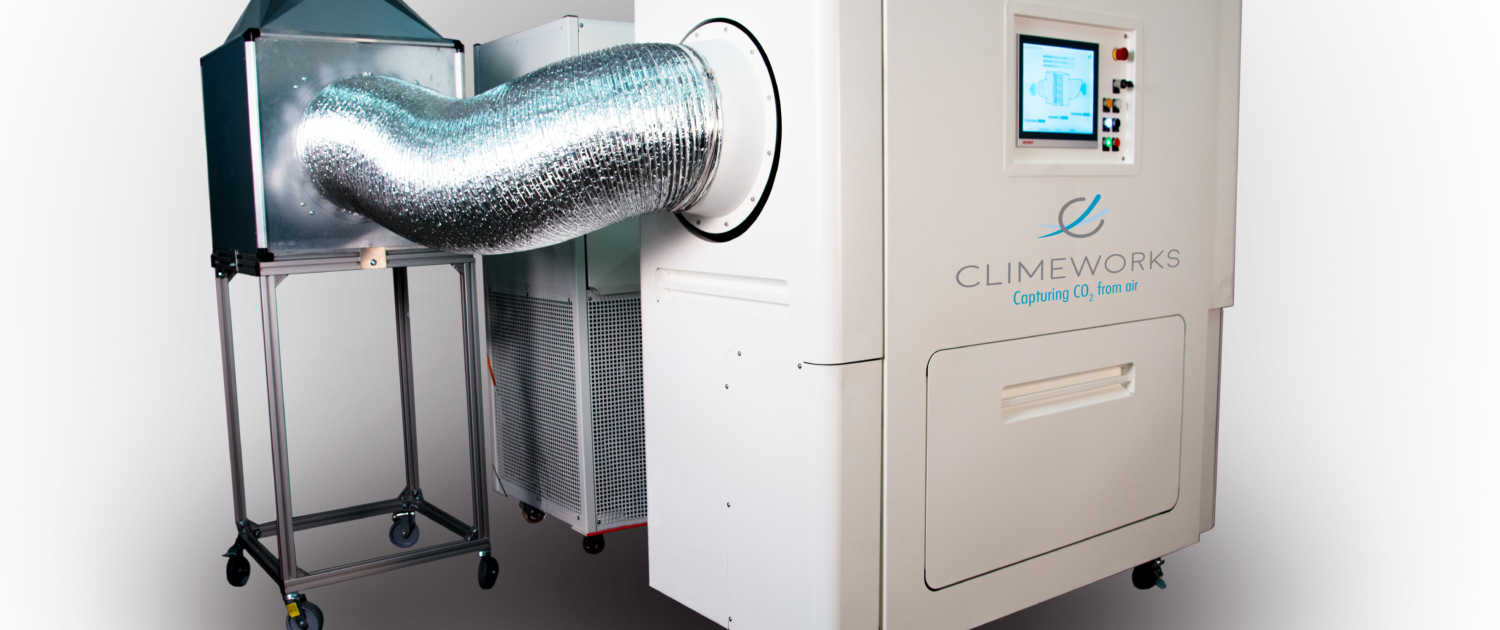 climeworks AG
climeworks AG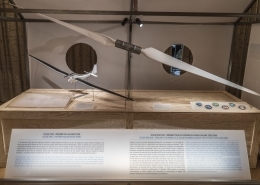 RevillardQuand les pionniers et aventuriers de l’énergie solaire s’exposent
RevillardQuand les pionniers et aventuriers de l’énergie solaire s’exposent 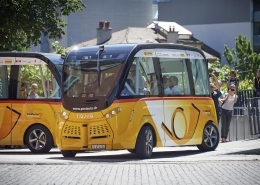 CarPostalAméliorer la collaboration entre entités publiques et startups cleantech
CarPostalAméliorer la collaboration entre entités publiques et startups cleantech 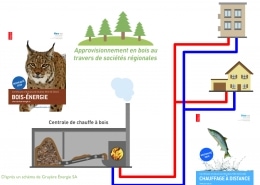 HEIG-VDDévelopper ses connaissances énergétiques à la HEIG-VD
HEIG-VDDévelopper ses connaissances énergétiques à la HEIG-VD 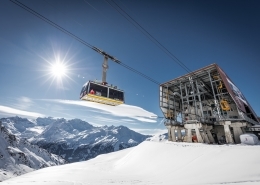 Téléverbier SAUn domaine skiable plus efficace
Téléverbier SAUn domaine skiable plus efficace 
 shutterstock
shutterstock Shutterstock
Shutterstock
I just can’t help it: the more, the merrier the confusion, with all these projects called ERANET, ACT, CCUS, ELEGANCY, GASTECH, PrISMa, AC²OCem.
I hope somebody can make sense out of this alphabet soup? Or should anyone?
After all, this is good money for well educated people who will be busy in, what appears to be, creatively named hobby rooms, to achieve climate ’neutrality‘.
Instead, I would like to know: What is the tangible impact on our climate, for the money spent and intellectual capacity occupied by these projects?
For instance, I (the people, the tax payer) would like to know the rate of slow down or reduction of temperature? Without it, what is the point?